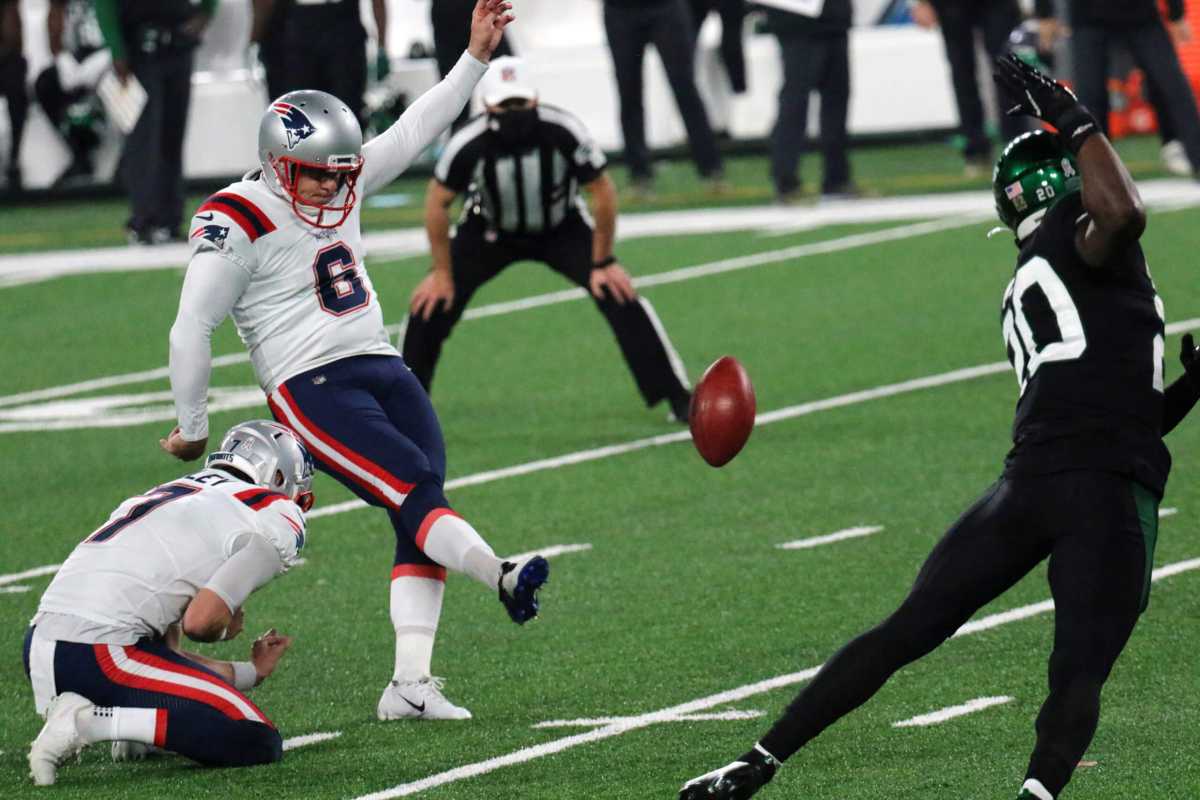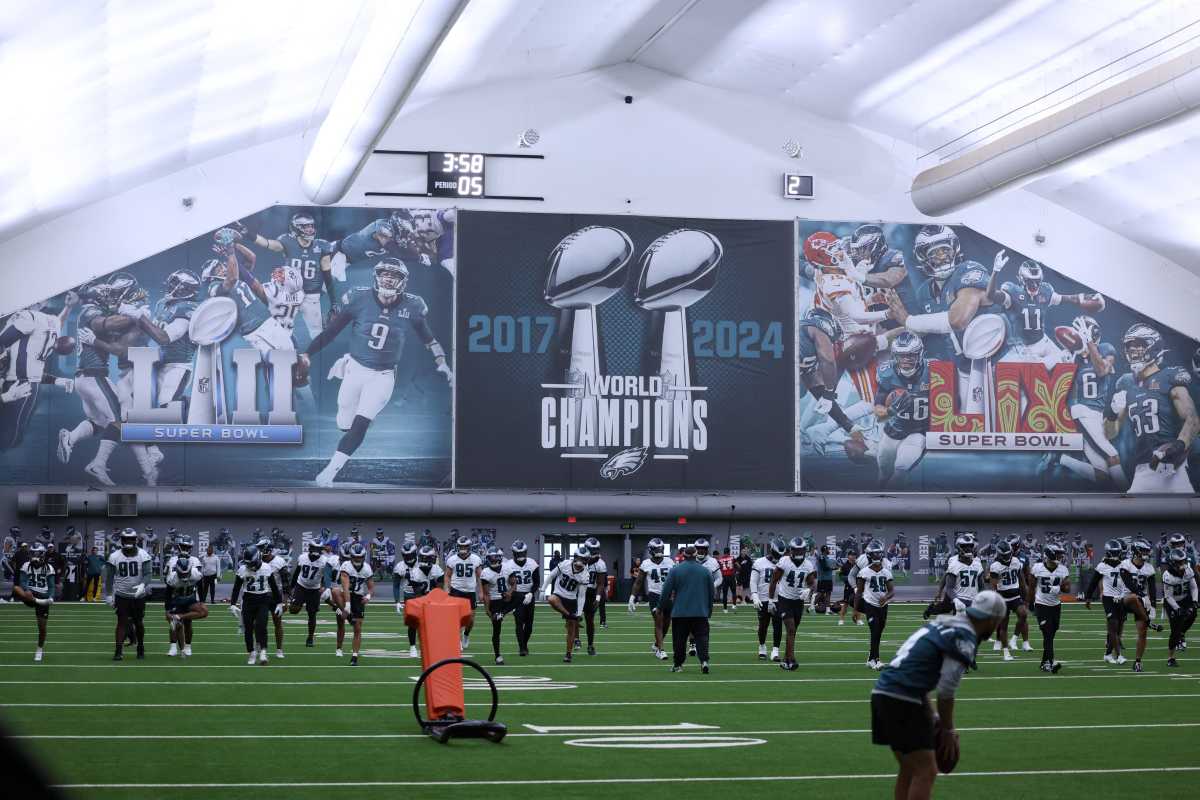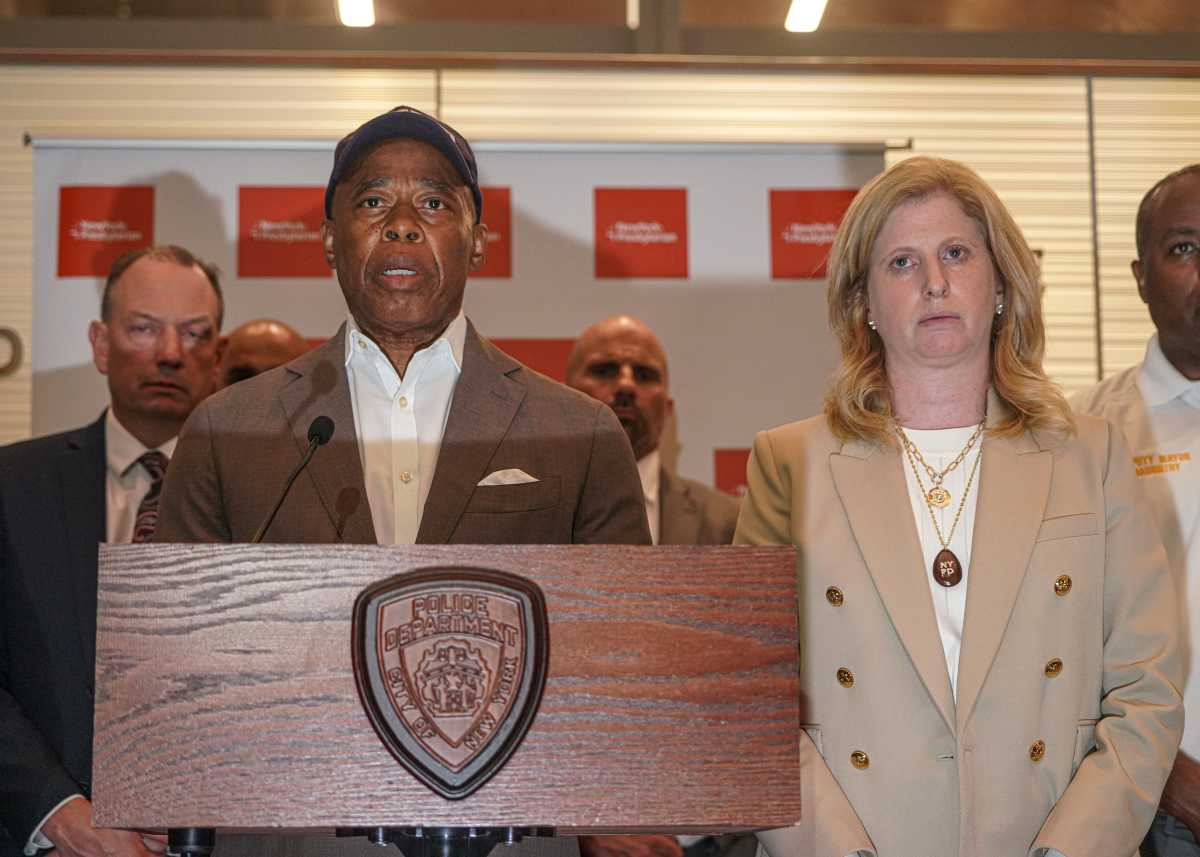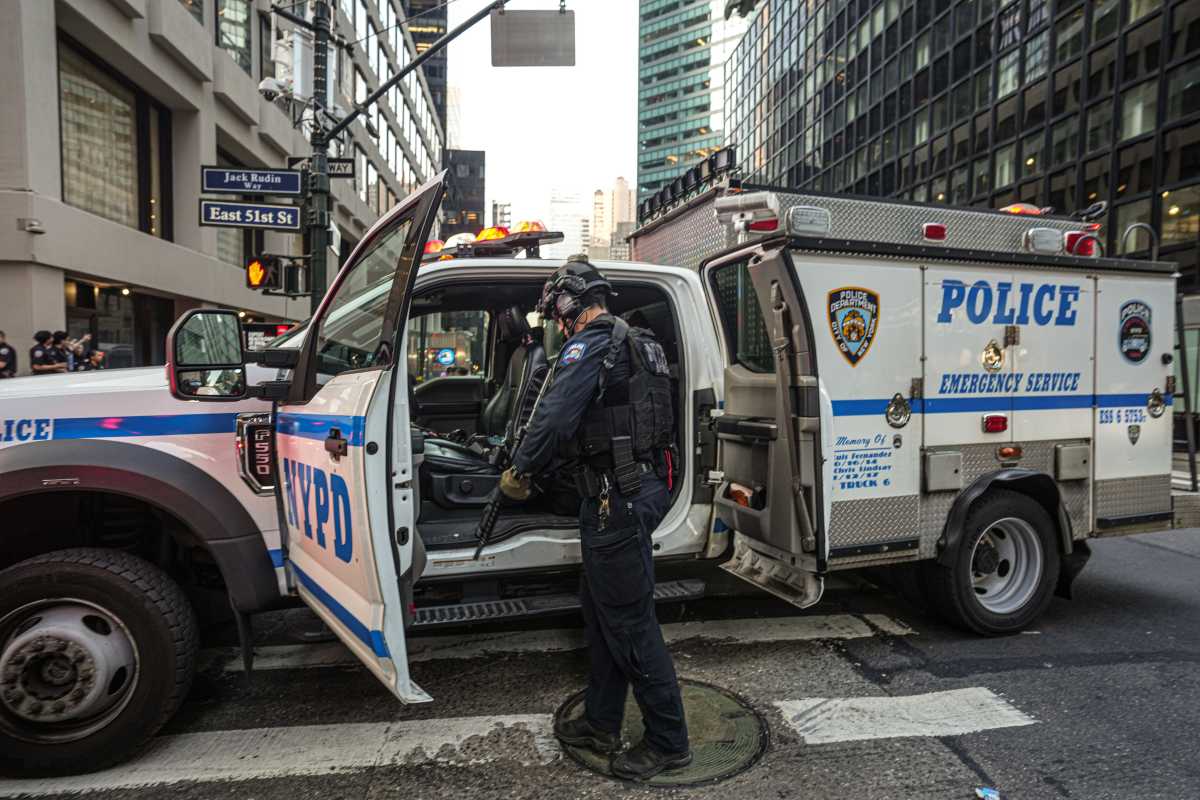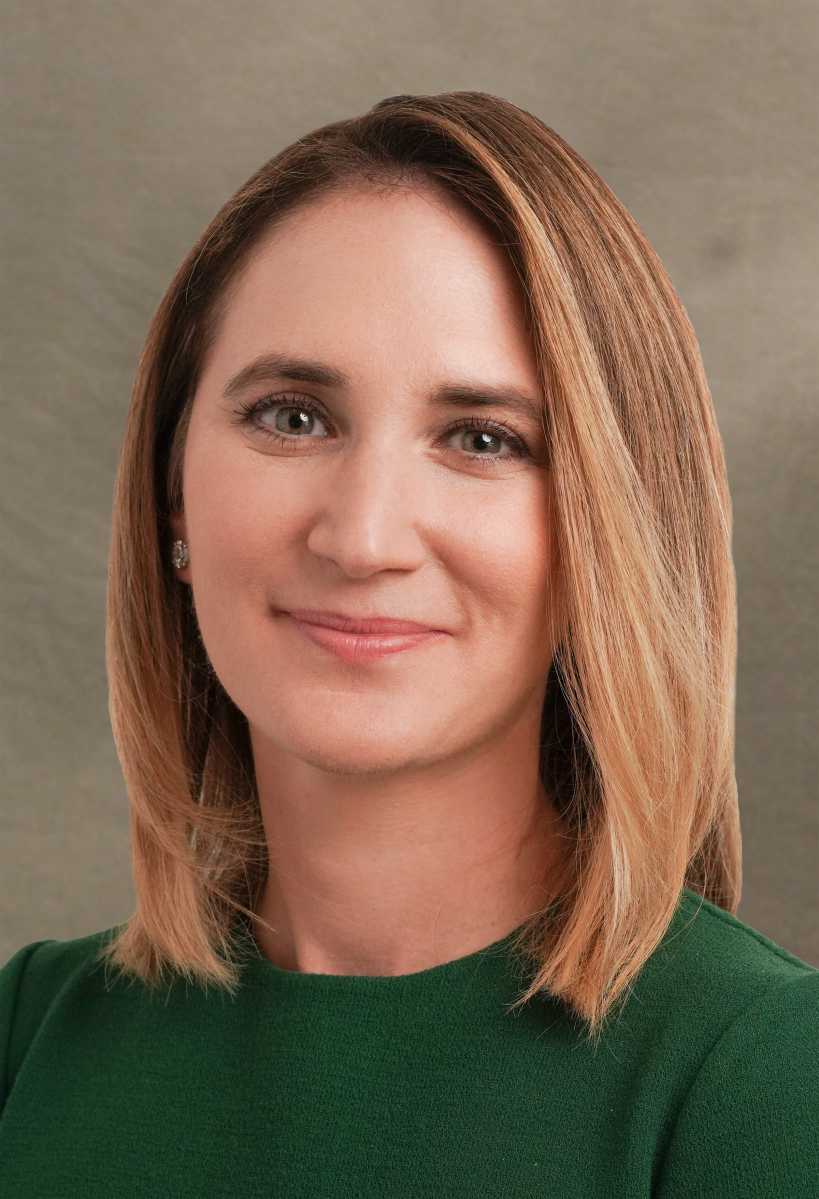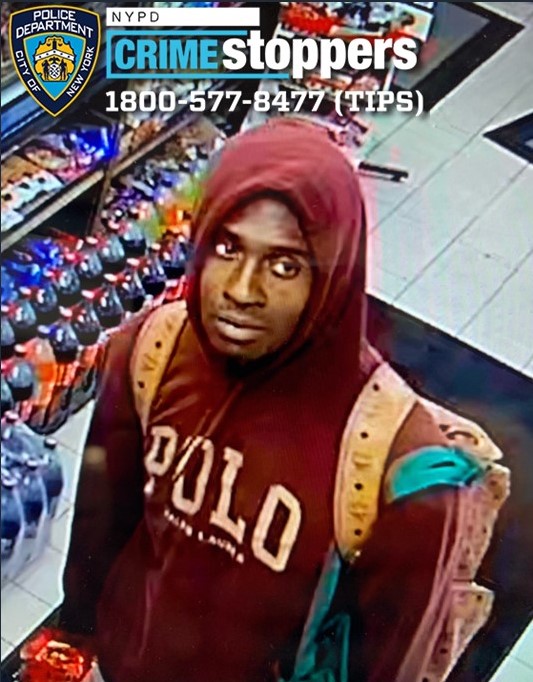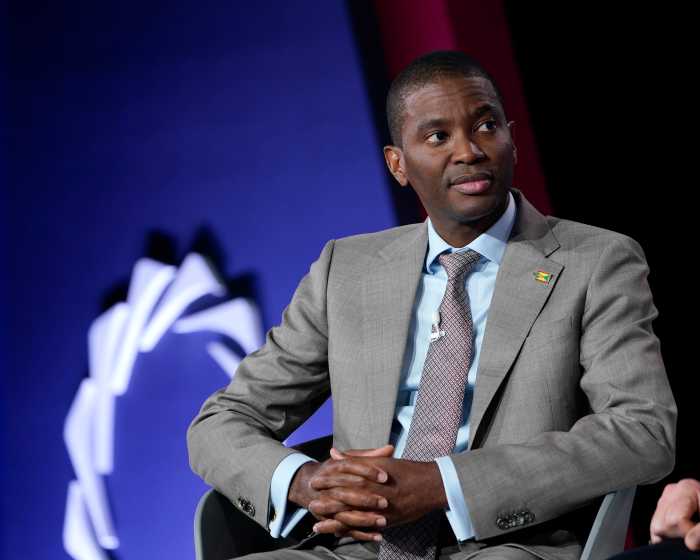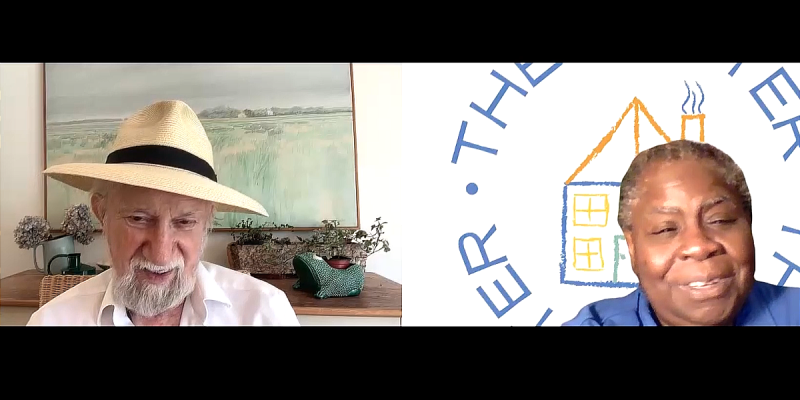AMSTERDAM (Reuters) – Appellate judges ruled on Tuesday that a night-time curfew would remain in place in the Netherlands pending a government appeal of a lower-court ruling that found the measure lacked legal justification.
Prime Minister Mark Rutte’s coronavirus policy was dealt a major blow earlier in the day when a district court in The Hague said his government had failed to make clear why it was necessary to use emergency powers at this stage of the pandemic.
The government requested and was granted an injunction, or emergency order, in which the three-judge appellate panel in The Hague agreed to suspend that ruling and uphold the curfew pending the outcome of the appeal to be heard on Friday.
In announcing the ruling, Presiding Judge Marie-Anne Tan-de Sonnaville said the interests of the state in fighting the virus “carry more weight” than those of the anti-lockdown group behind the lawsuit.
Rutte maintained that the curfew was needed to prevent a surge in infections of the now dominant and more infectious British variant of the virus in the Netherlands.
“I want to ask everyone in the country to keep to the curfew,” he said in reaction to the decision. “The good news is that the curfew will remain in place. It’s of importance because we’re facing the rise of the English virus. We’re very worried about it.”
ANTI-LOCKDOWN RIOTING
The government, which has been in caretaker status after falling last month and faces elections on March 17, is drafting an emergency law to give the curfew stronger legal footing, according to Rutte.
In weighing its decision, the appellate court summoned the country’s leading infectious diseases official, Jaap van Dissel, who testified to the urgency that the curfew be kept in place to contain the virus, which has infected more than one million people and killed roughly 15,000 in the Netherlands.
Over two-thirds of new Dutch cases involve the British variant, the National Institute for Public Health (RIVM) said on Tuesday, and those patients on average all infect more than one other person.
The first curfew in the Netherlands since World War Two allows only people with a pressing need to be outdoors between 9 p.m. and 4:30 a.m. It was extended last week until at least March 3.
The curfew sparked several days of rioting by anti-lockdown protesters when it was introduced on Jan. 23.
It is part of a wider lockdown in which bars, restaurants and non-essential shops have been closed for months.
(Reporting by Anthony Deutsch, Toby Sterling and Bart Meijer; Editing by Peter Cooney and Mark Heinrich)












